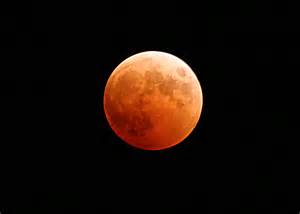To practice the sinister magic called "seid," Gunnhild needs privacy and secrecy. Servants must go elsewhere overnight. As soon as she is alone, the pathetic fallacy comes into effect:
"As evening closed in, she shuttered windows and bolted doors. The weather had changed. Wind whined; rain whispered. Lampflames wavered; smoke and smell eddied. Dusk deepened, and shadows stirred, misshapen as trolls."
-Poul Anderson, Mother Of Kings (New York, 2003), Book Two, Chapter XII, p. 132.
(How many verbs follow the subject "Wind..." (and here) in Anderson's texts?) Seid is trollcraft and Gunnhild's preparations for seid are accompanied by troll-like shadows. In a locked room within the locked house, she wears only a necklace, secretly made and carefully concealed, woven from eagle feathers, wolf's teeth and wildcat's claws bought over the years from hunters who would remain silent, while dried mushrooms soak in a bowl. Knowing that seid is dangerous, she reflects:
"For Eirik and their blood, she went into childbed over and over, as he went into battle." (p. 133)
Warriors killed in battle go to Valhalla. Women killed by childbirth are welcomed by Veleda's goddess, Niaerdh, but that is in another history. Here, in any case, Gunnhild "...set forth on a way that might go down hell-road." (ibid.)
This "...hell..." is the Pagan underworld, not the Biblical Hell.
After eating the mushrooms, she preserves secrecy by avoiding the sound of a drum but instead claps while dancing around a lamp set on a tall stool, gazing at the flame until it becomes a gate. Then she kneels, sways and sings, waving two rune-carved deer bones. Here, the pathetic fallacy resumes, unless Gunnhild's magic does affect the weather:
"The rain strengthened. Its rushing filled her skull. The wind wailed. It lifted her..." (pp. 133-134)
Half of Gunnhild sings spells. Half flies through the flame into the sky. What she sees there is divided between Aesir and Vanir. Whereas the North Star is said to be the eye that Odin gave for wisdom:
"The moon belonged to older Powers, to earth and sea, begetting and bearing, wizards and witches." (p. 134)
The difference between the two practices is spelt out:
"Norsemen offered to the gods in hopes of winning their goodwill. Shamans sought oneness with the world in hopes that it would do their will." (ibid.)
Shamanism is more primitive. Its practitioners have not yet separated themselves from the world or imagined gods looking down into it. Poul Anderson takes us there.

No comments:
Post a Comment